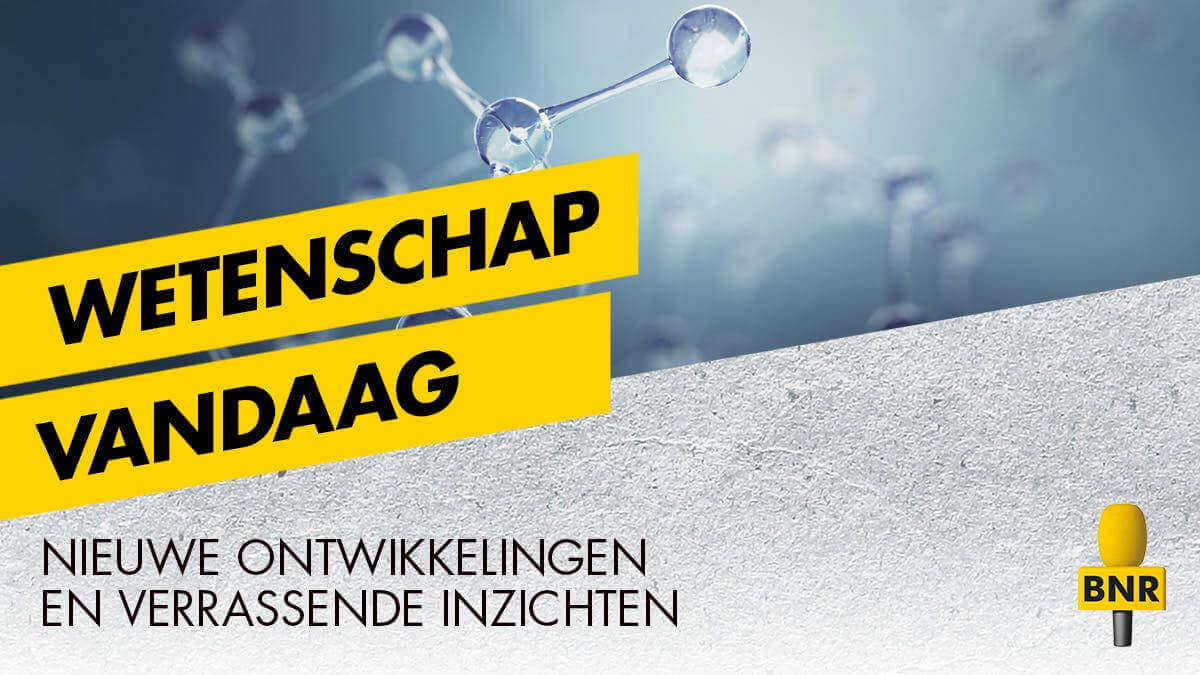
15 Jul Studying Children’s Saliva for Better Understanding of COVID-19
* Picture byBNR Newsradio (BNR Nieuwsradio)
While the rest of the world was busy studying antibodies in blood to gain a better understanding of COVID-19, our coordinator Dasja Pajkrt, who is a Paediatric Infectious Disease Specialist at the Amsterdam UMC, thought, “But what about the strength of antibodies in the oral cavity? Why are people not studying saliva when we’re dealing with a respiratory infection?”
Yesterday, Dasja sat down with BNR radio, an all-news radio station in the Netherlands, for their Summer Series ‘Science Today’ to discuss how she and her colleagues studied antibodies in saliva and blood, and how they interact with proteins in the COVID virus. You’d be surprised with what she and her colleague found in saliva, which could not be seen in blood.
Humoral immunity, named so due to the involvement of substances found in body fluids, is a response which occurs when antigens are detected in the body. Understanding humoral immunity to SARS-CoV-2 (Severe Acute Respiratory Syndrome Coronavirus 2) is imperative for the future of public health and vaccine strategies. Through research, Dasja and her team of researchers have detected SARS-CoV-2 antibody prevalence in serum and saliva of children, and results emphasize the additional value of saliva assays for antibody detection as well as the combined use of different antigens. Therefore, validation of multi-antigen saliva antibody assays is highly recommended for further research regarding COVID-19.
To listen to Dasja’s interview (in Dutch), click here.
